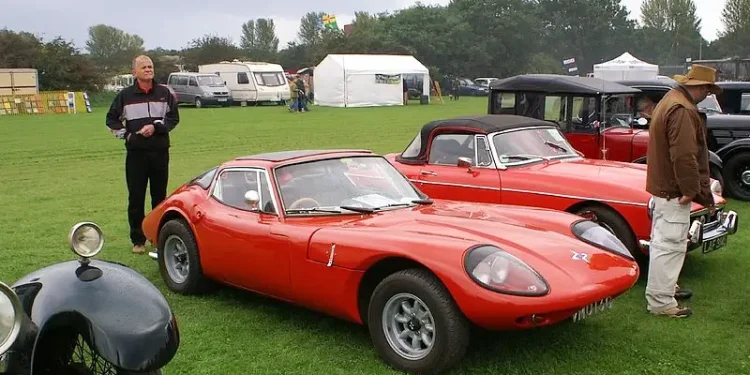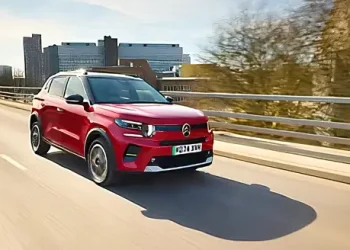The DVLA has announced new vehicle registration policies effective from August 26, 2025, simplifying the process for registering repaired, restored, and modified vehicles in the UK.
These changes aim to reduce bureaucracy and support classic car enthusiasts by allowing more vehicles to retain their original identity.
Streamlining Vehicle Registration
The Driver and Vehicle Licensing Agency (DVLA) has introduced updated policies that will significantly impact classic car owners and the automotive restoration industry in the UK.
The new rules eliminate the need for notification of like-for-like repairs or restorations if a vehicle’s appearance and log book remain unchanged. This change is expected to ease administrative burdens on vehicle owners.
Modernizing Classic Car Practices
Under the updated guidelines, vehicles undergoing significant structural modifications or electric conversions can now retain their original Vehicle Identification Number (VIN) and registration number.
This policy shift reflects modern restoration practices and supports innovation within the industry by reducing potential costs associated with re-registration or Q-plates.
Implications for Enthusiasts
The policy update follows extensive consultation with over 1,350 responses from classic car owners and historic vehicle organizations.
By reducing paperwork, these changes are designed to support motoring clubs, restorers, and individual hobbyists while preserving vehicle heritage. The move aligns with ongoing UK policies supporting historic vehicles.
Benefits for Classic Car Owners
- No notification required for like-for-like repairs/restorations if appearance/log book unchanged
- Significant modifications/electric conversions can keep original VIN/registration number
- Reduced bureaucratic hurdles support classic car enthusiasts
- Encourages innovation in green vehicle technologies through EV conversions
- Simplifies registration processes reflecting current restoration practices
Industry Reactions
Minister for the Future of Roads, Lilian Greenwood praised these changes as a way to cut red tape while supporting the classic car community. The minister said,
“We know how much love, time and effort goes into keeping classic cars – and we’re right behind the community.
These changes are about cutting red tape and making life easier for enthusiasts, whether you’re restoring a vintage gem or converting it to electric. It’s all about celebrating the UK’s amazing motoring heritage and helping the industry thrive well into the future.”
Tim Moss of DVLA emphasized collaboration with enthusiasts to create clearer processes that safeguard automotive heritage. He said,
“We know how much love, time and effort goes into keeping classic cars – and we’re right behind the community.
These changes are about cutting red tape and making life easier for enthusiasts, whether you’re restoring a vintage gem or converting it to electric. It’s all about celebrating the UK’s amazing motoring heritage and helping the industry thrive well into the future.”
The Federation of British Historic Vehicle Clubs expressed optimism about reduced risks of Q-plates devaluing classic vehicles.
Additional Reading
In a Nutshell
This policy update marks a significant step forward for classic car enthusiasts in the UK by simplifying registration processes and supporting green innovation through electric conversions.
By retaining original identities for modified vehicles, it encourages preservation while embracing modern technology trends.
Discover more of More of Todays Top Breaking Government News Stories!
Sources: UK Government, FBHVC, DVLA, Department for Transport and Lilian Greenwood MP.
Prepared by Ivan Alexander Golden, Founder of THX News™, an independent news organization delivering timely insights from global official sources. Combines AI-analyzed research with human-edited accuracy and context.









